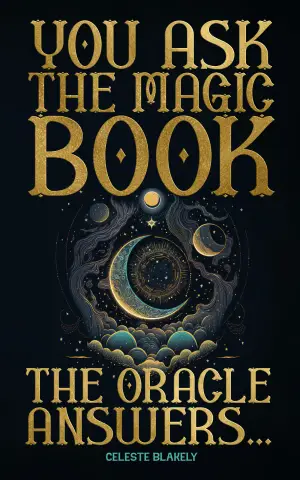I recently dove into the epic universe of “Lone Wolf Squadron,” and it turned out to be everything I love about science fiction: action, camaraderie, and thrilling adventure. As someone who’s always been intrigued by tales of interstellar battles and plucky heroes, this boxed set stood out to me with its promise of a lone fighter pilot, Beau Ward, tasked with rescuing colonists from the grips of pirates.
From the moment I started reading, I was enveloped in Beau’s world—an independent fighter pilot whose “bend the rules” philosophy takes him from one military challenge to another. His last chance is commanding a squadron of misfit pilots in the frontier system of Tardex, a daunting task that sets the stage for a thrilling adventure. The characters’ journey to form a close-knit family dynamic, even amidst chaos, resonated deeply. As Tennessee sci-fi nut enthusiastically noted, “the idea of being a family formation was central to the whole story line.”
One of the most compelling aspects of the series is the character development. Every pilot you meet—from a Pricolici engineer to a grizzled Marine sergeant—brings something unique to the squadron. This diversity adds layers to the narrative that keep it fresh and engaging. A. Rutter captured the feeling well when he referred to the series as a blend of “Black Sheep Squadron” and friendly family experiences. The humor and interactions between characters often made me smile and added a delightful touch to the suspenseful plot.
On the action front, the pacing never falters. From the first page to the last, the constant tension keeps you on the edge of your seat. David Eggen’s take—“the action was great, character development on point”—nailed it; the series solidly delivered on both fronts. I often found myself unable to put the books down, greedily flipping pages to find out what would happen next.
However, it wasn’t all perfect. Some readers raised concerns about the heroes occasionally getting a bit too lucky, which can detract from the realism of high-stakes situations. This didn’t significantly impact my enjoyment, but I could see how it might faze readers looking for a more grounded narrative. Additionally, as A. Rutter pointed out, the tonal shift between the trilogies felt a bit uneven at times, particularly when transitions moved from military missions to civilian themes, creating a somewhat campy atmosphere.
Overall, the series successfully interwoven various subplots, making it clear that the authors were creating a rich universe. I wholeheartedly agree with Paul’s sentiment that the action was always present, keeping you guessing. Yet, I couldn’t help but share some frustration with certain plot elements; there were moments where I wished the authors had explored the capabilities of their universe more thoroughly. For instance, after defeating a formidable enemy, I kept wondering why certain ships weren’t used again—this inconsistency made me ponder missed opportunities.
Despite these minor drawbacks, “Lone Wolf Squadron” significantly exceeded my expectations. The character arcs and intricate relationships create an emotional depth that resonates, while the high-octane action ensures there’s never a dull moment. Every storyline has a satisfying conclusion, making it a truly enjoyable series to immerse yourself in.
In conclusion, if you’re looking for a gripping space opera filled with complex characters, relentless action, and a bond forged in adversity, I can’t recommend this series enough. It’s a heartfelt journey through the stars that really makes you root for the underdogs. You’ll be cheering for the Lone Wolf Squadron right until the very end.
Discover the thrilling adventures of the Lone Wolf Squadron in this complete series boxed set! >>








